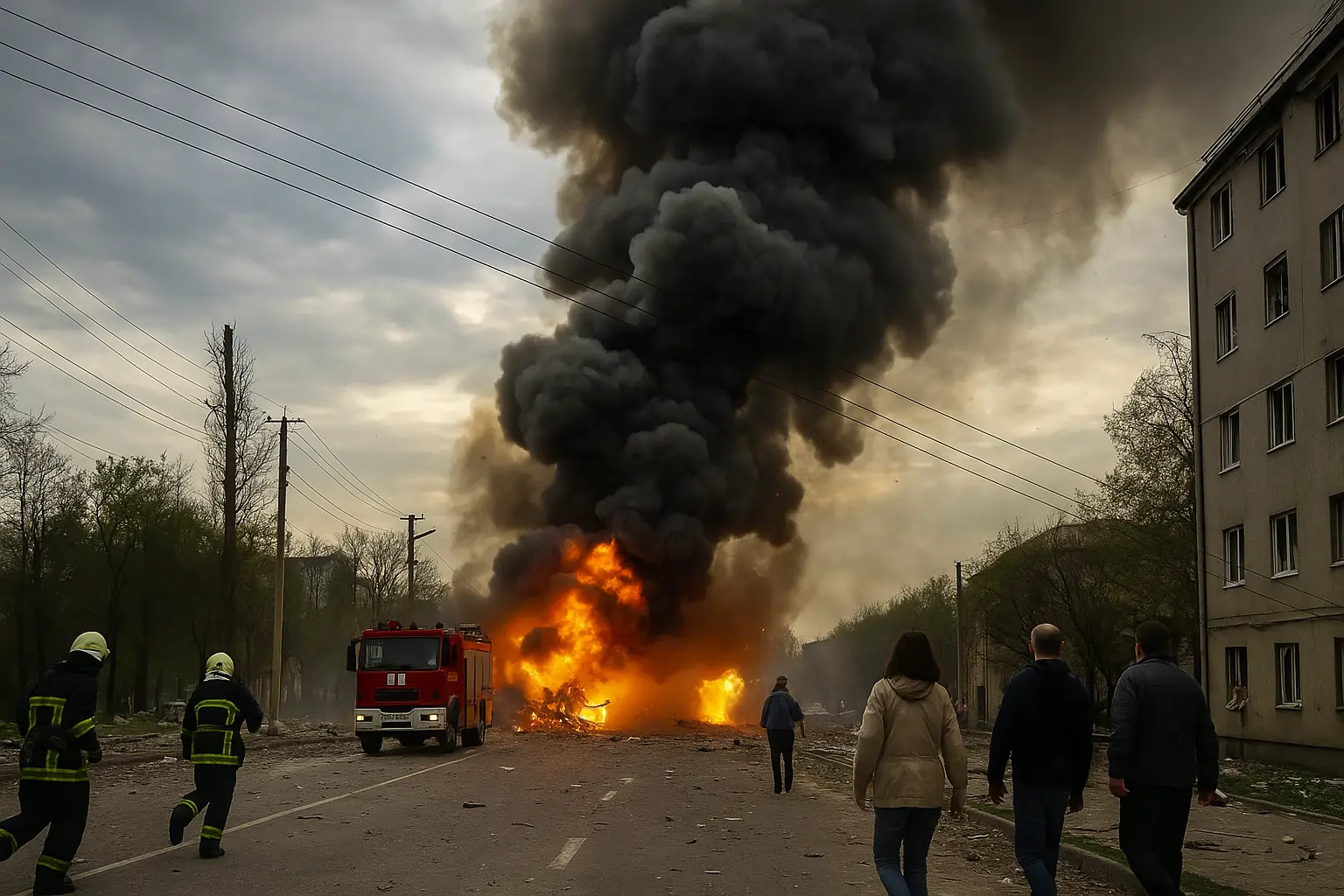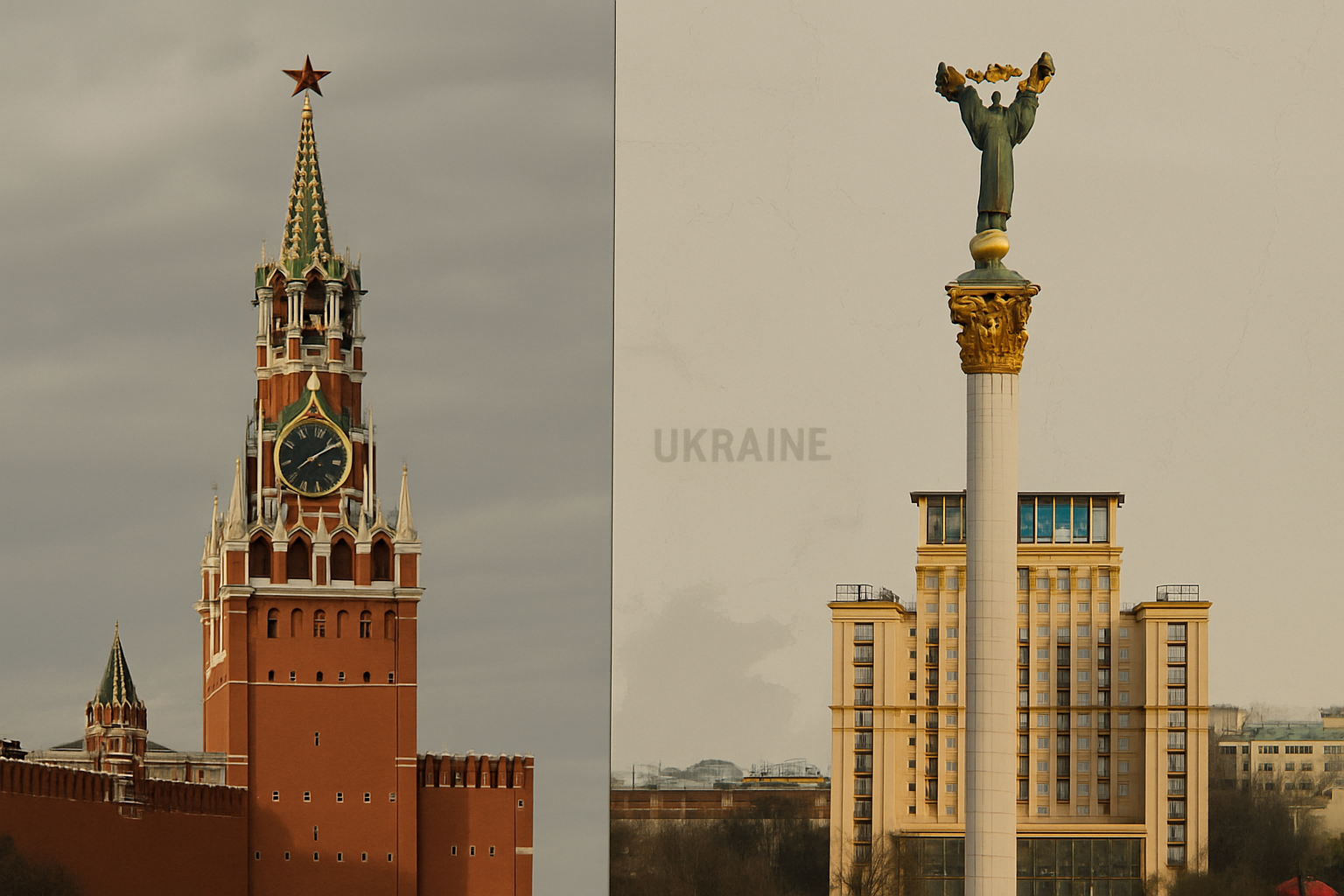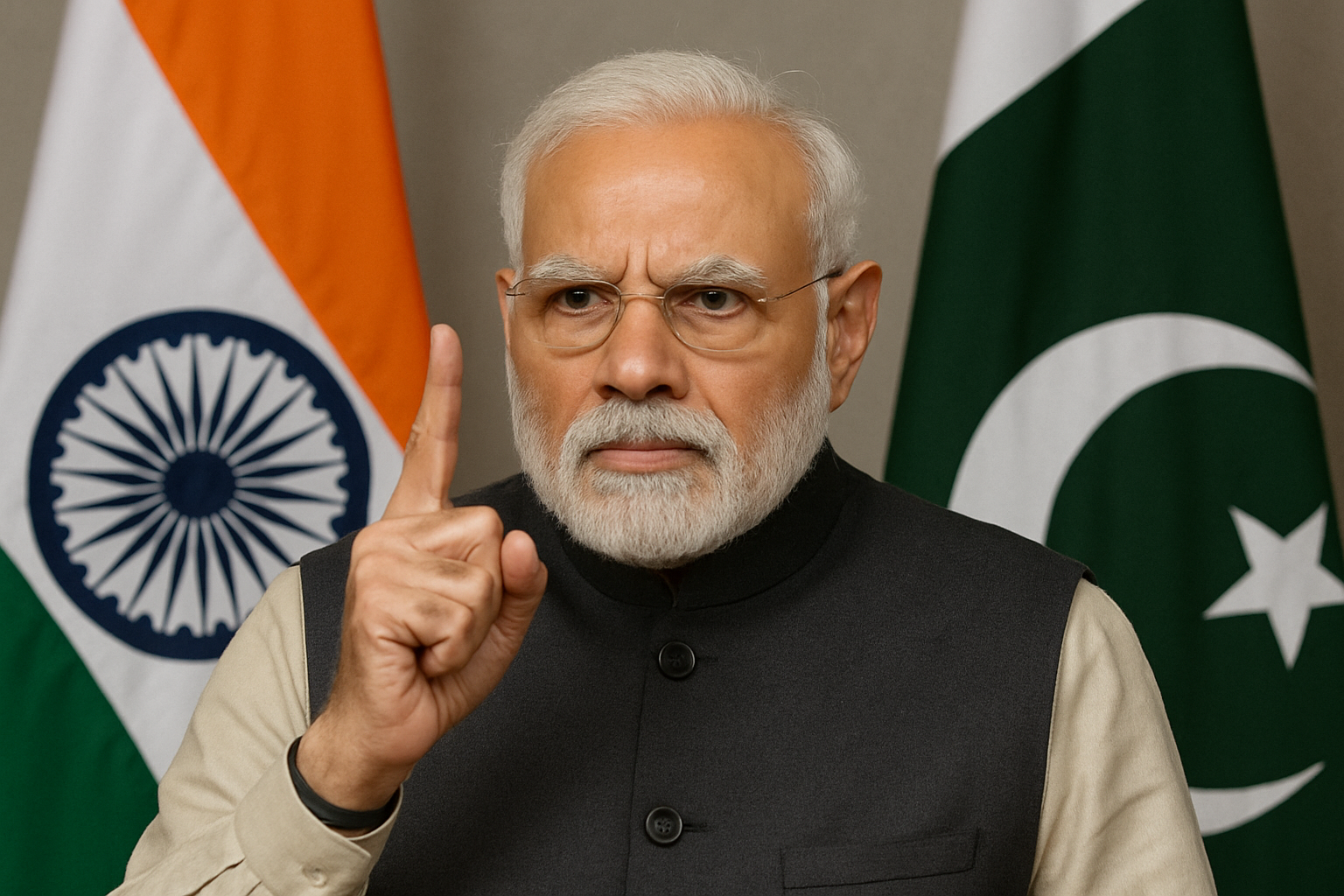In a sharp critique that has stirred political debate, Shiv Sena leader Sanjay Raut has openly questioned Prime Minister Narendra Modi’s approach to the recent Indo-Pak ceasefire, suggesting that India might be yielding to external pressure from former US President Donald Trump. His remarks come amid ongoing tensions and fragile peace efforts between India and Pakistan, highlighting the complex dynamics of international diplomacy.
Raut’s Criticism: A Bold Question
During a recent press interaction, Sanjay Raut did not hold back in expressing his concerns. He questioned whether the government’s ceasefire agreement with Pakistan was influenced by a desire to appease global powers, particularly pointing towards Donald Trump’s role. Raut’s pointed question, “Is India now running in fear of Trump?” resonated widely across political circles and social media platforms.
This statement reflects a deeper skepticism about India’s diplomatic choices and raises questions about the country’s autonomy in managing its foreign relations, especially with its neighboring rival Pakistan.
The Context of the Indo-Pak Ceasefire
The ceasefire announcement came after years of cross-border tensions, militant activities, and diplomatic standoffs between India and Pakistan. While many welcomed the truce as a positive step towards peace, others remain cautious, viewing it as a strategic move influenced by external pressures rather than a genuine thaw in relations.
Sanjay Raut’s comments highlight this division. By directly linking India’s decision to a former US President’s influence, he challenges the narrative that India is acting purely out of its national interest.
Reactions from Political and Public Spheres
Raut’s remarks have sparked intense discussions across various platforms. Supporters applaud him for questioning the government’s transparency and asserting India’s sovereignty in critical matters. They argue that India must make decisions independently, without yielding to foreign pressures.
On the other hand, critics accuse Raut of politicizing sensitive diplomatic issues and potentially undermining the government’s efforts to stabilize the region. Some contend that maintaining good relations with global powers like the US is essential in today’s interconnected world, and foreign influence is often part of complex diplomatic negotiations.
The Larger Diplomatic Picture
India’s foreign policy, especially regarding Pakistan and the United States, is layered and multifaceted. While maintaining peace on its western border is crucial, balancing international relationships is equally important. The Trump administration had been actively involved in South Asian geopolitics, pushing for dialogue and sometimes applying pressure on India and Pakistan alike.
Sanjay Raut’s comments bring to light the fine line India walks in asserting its national interests while navigating the influences of powerful allies and rivals on the global stage.
What This Means for India
At its core, the debate ignited by Sanjay Raut is about India’s agency in international affairs. It calls for introspection about how India approaches its foreign policy decisions and the extent to which it prioritizes national sovereignty over external expectations.
For many citizens, the hope remains that any diplomatic decisions, especially concerning peace and security, are made with India’s best interests at heart—free from undue influence or pressure.
Conclusion
Sanjay Raut’s critique of PM Modi’s handling of the Indo-Pak ceasefire and the alleged influence of Donald Trump has added a new dimension to the ongoing discussion about India’s foreign policy. It serves as a reminder that peace processes are not just about agreements but also about the autonomy and dignity with which a nation pursues them.
As the ceasefire holds and talks continue, this debate over India’s independence in diplomacy will likely remain a crucial topic in the country’s political discourse.






